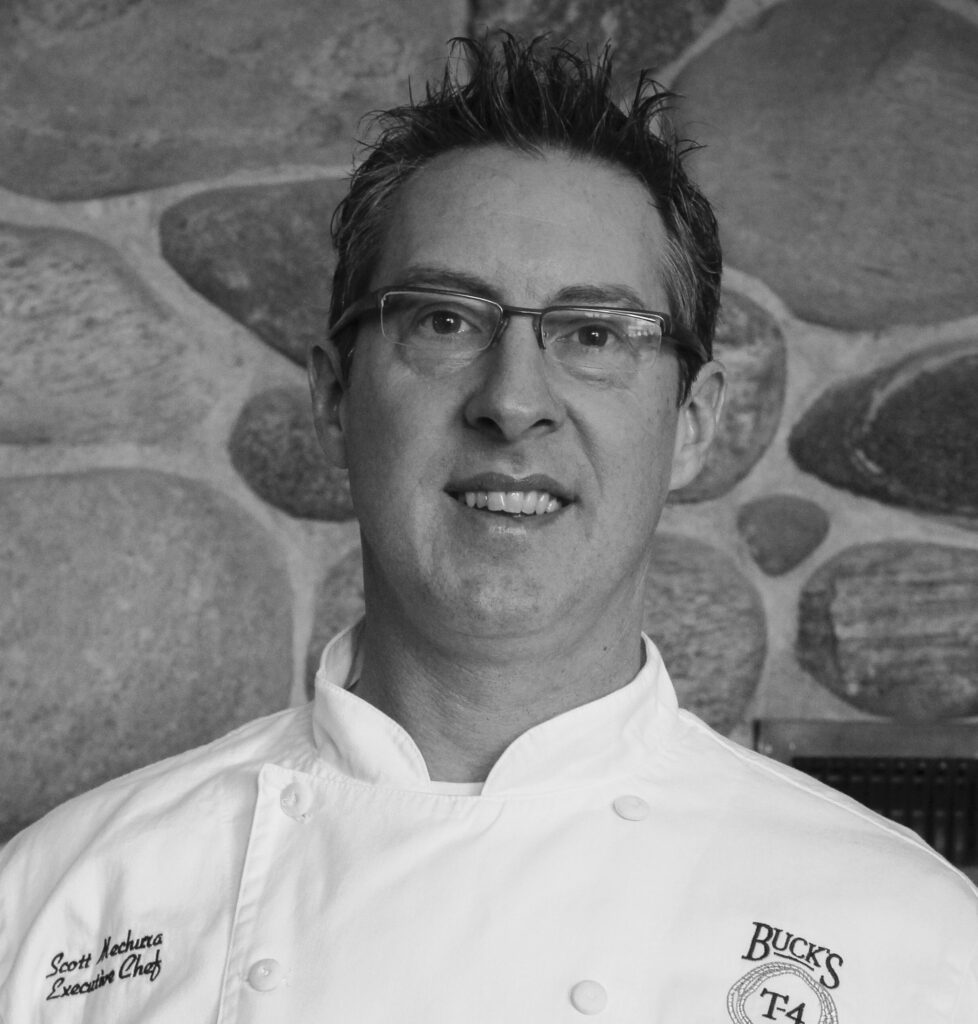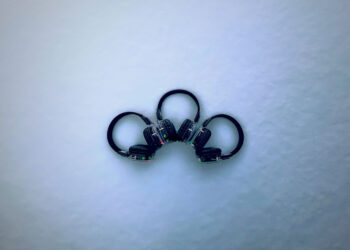
By Scott Mechura EBS FOOD COLUMNIST
Ah, the American frontier—be it the Wild West, Appalachia, or deep in the heart of Texas—we seem to fall in love with this idea of what we hope American history was, not what it really was. We often create a utopian view of history, and I’m not sure why we do that.
Somewhere, there is a balance in America between what we hear in grade school and what we later learn to be true, historical fact. Time and time again, we see historical figures who have captured our hearts. They may be war heroes or political leaders—maybe men or women who have stood the test of time—such as Abraham Lincoln or Eleanor Roosevelt.
I was reminded of one such figure this holiday season when I was cooking with a fruit that gets pretty heavy mileage throughout the holidays: the apple. We were talking about all the wonderful things we can create during the holiday season with apples. This time of year, apples find their way into all the baking, feasting and imbibing that takes place during the holidays. But it was the imbibing that caught my attention.
You’re thinking right now that apples aren’t necessarily high on your holiday list. And I get it. But apples are so versatile. From apple pie to warm, toasty turnovers, apples warm our insides. They are also the key ingredient in fermented cider.
Known as a “nurseryman,” John Chapman was born in Leominster, Massachusetts on September 26, 1774. But you may know him by another name: Johnny Appleseed. And he was also a bit of an oxymoron.
People often spoke of a man floating down the river on a sunny afternoon in a makeshift log floatation device we may now refer to as a catamaran. Johnny was a kind, gentle, happy-go-lucky fellow, who was most often seen with a tattered shirt and pants that were torn above the ankles. He very seldom wore shoes and carried a knapsack that had just the things he needed.
He was known to meet strangers in his travels and divert what vague plans he may have had and simply endear himself to their hospitality for days on end. It was also said that Johnny Appleseed was always cheerful because he was usually intoxicated on fermented cider.
He was also a savvy businessman. Taking advantage of a deal set forth by the Ohio Company of Associates in 1792, wherein anyone settling the Western frontier (at that time anything past western Pennsylvania), could homestead 100 acres for their own—with one condition—that they plant 50 apple trees and 20 peach trees within the first three years of settling.
Now what if there was someone who did all of the initial hard work of planting these trees so as to charge a fee to new settlers for doing the work for them? That’s where Johnny came in.
Johnny planted apples all over the Ohio River Valley. Yet there is virtually no mention of him ever planting a single peach tree. And the reason there wasn’t a Johnny Peachpit was that peaches did not make a great cider the way apples do.
Perhaps the easiest way to view the history of the apple in American history is this: As author Michael Pollan wrote, “Up until Prohibition, an apple grown in America was far less likely to be eaten than to wind up in a barrel of cider.”
Scott Mechura has spent a life in the hospitality industry. He is a former certified beer judge and currently the Executive Chef at Buck’s T-4 Lodge in Big Sky.














